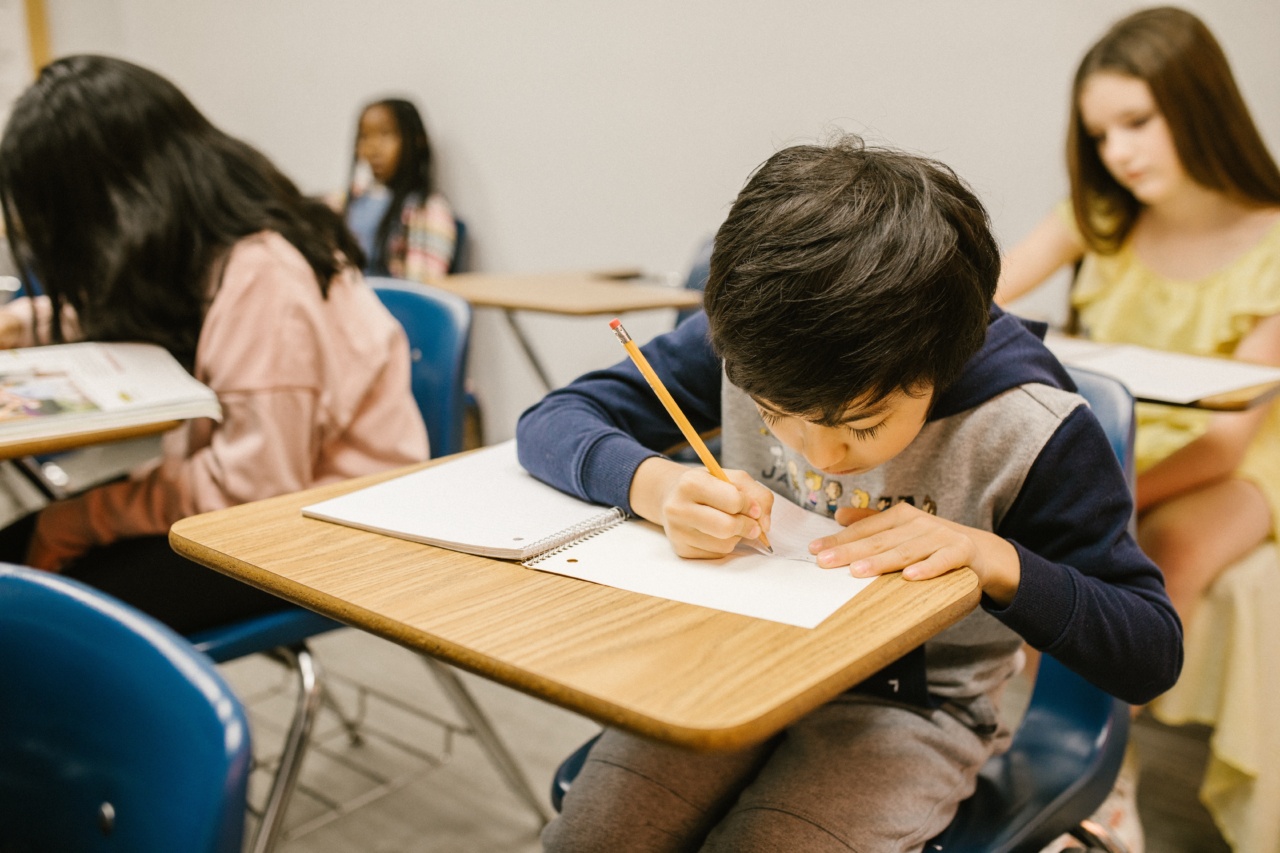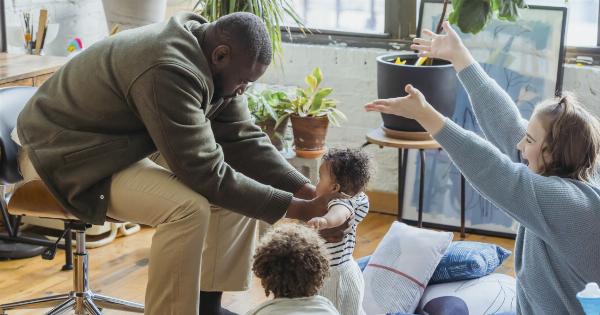It is not easy being a child with learning difficulties, and in a world that constantly demands more from students, the challenges can seem overwhelming. Children with learning difficulties require extra support, patience, and understanding.
One of the most important ways to help build confidence in children with learning difficulties is to create a positive, supportive environment. Here are some effective strategies for helping children with learning difficulties build confidence:.
1. Celebrate small victories
When a child with learning difficulties finally masters a new skill or completes a task, even a simple one, it is important to celebrate the achievement by praising them sincerely. This will help build their confidence to try more challenging tasks.
By celebrating small victories, they understand that their effort matters, and they can do anything with hard work and dedication.
2. Encourage independence
Children with learning difficulties often feel dependent on others for help. Encouraging them to perform tasks independently can help them build self-confidence.
Supporting and allowing them to make their own decisions and trusting them to complete tasks independently can give them a sense of control and self-respect.
3. Constructive feedback
Provide the child with constructive feedback, and help them to understand where mistakes have been made and how they can improve.
By providing constructive feedback rather than criticism, a child with learning difficulties can learn from their mistakes and improve their skills. Encouragement through feedback provides positive reinforcement. This leads to greater confidence in the child as they feel they have the ability to improve themselves with time and effort.
4. Break down tasks
Many children with learning difficulties face challenges when it comes to completing tasks. Breaking down heavy tasks and activities into smaller portions that can be accomplished over time helps the student to stay focused and motivated.
The sense of accomplishment after completing a small part helps to keep the student confident and working with their learning difficulties.
5. Positive self-talk
Children with learning difficulties typically face undue pressure and challenges that other students do not face. Their self-talk can be negative, inhibiting and self-limiting.
Encouraging a child to speak positively about themselves can help them build a sense of worth and self-confidence. Positive affirmations can have a significant impact on a child’s self-image and motivate them to reach new goals and milestones.
6. Consistent praise
Consistent praise provides positive feedback, which helps children with learning difficulties to build their self-confidence. When a child can feel the positive reinforcement they get from working hard, they learn to associate that with success.
It is essential to recognize their efforts, whatever the outcome. In doing so, we can help build their self-esteem, confidence, and love for learning.
7. Challenging yet achievable tasks
One of the most effective ways to build confidence in children with learning difficulties is to give them challenging yet achievable tasks.
The tasks should not be too easy that they become boring and unimportant, but not too difficult that they become frustrated and discouraged. Giving a child an appropriate challenge helps to increase their confidence, as they learn to push their boundaries and achieve success.
8. Multisensory learning
Children with learning difficulties often have difficulties processing information, especially in traditional learning methods. Multisensory learning involves using multiple senses (sight, hearing, touch, and movement) to teach kids.
It helps them in retaining information significantly and builds their memory capacity. Multisensory teaching methods can also teach complex topics effectively and provide opportunities for children with learning difficulties to make sense of the world around them.
9. Mixed-ability group activities
Creating a mixed-ability group activity helps children with learning difficulties to build their confidence by providing an environment that promotes diversity and understanding.
It helps in reducing stigmatization and presents opportunities for learning teamwork, respect, cooperation, and support. Mixed-ability group activities also provide opportunities for social interaction and building friendships outside of the traditional classroom setting.
10. Patience and understanding
Patience and understanding are crucial in building confidence in children with learning difficulties. Take your time, and provide support when necessary while teaching them and helping them to master skills.
Challenging children with learning difficulties can be frustrating, but patience and understanding help them to feel valued and heard. Simple things like allowing your child to take their time in mastering a skill and extending help, even when it’s not needed, can help build their confidence significantly.
Conclusion
Confidence is an essential aspect of a child’s emotional and cognitive development. Children with learning difficulties often have self-esteem issues, which can hinder their learning capabilities.
By providing a positive and supportive environment and using the strategies mentioned above, children with learning difficulties can build self-worth and confidence. They can learn to recognize their abilities and work to improve them while appreciating their accomplishments, no matter how small.






























